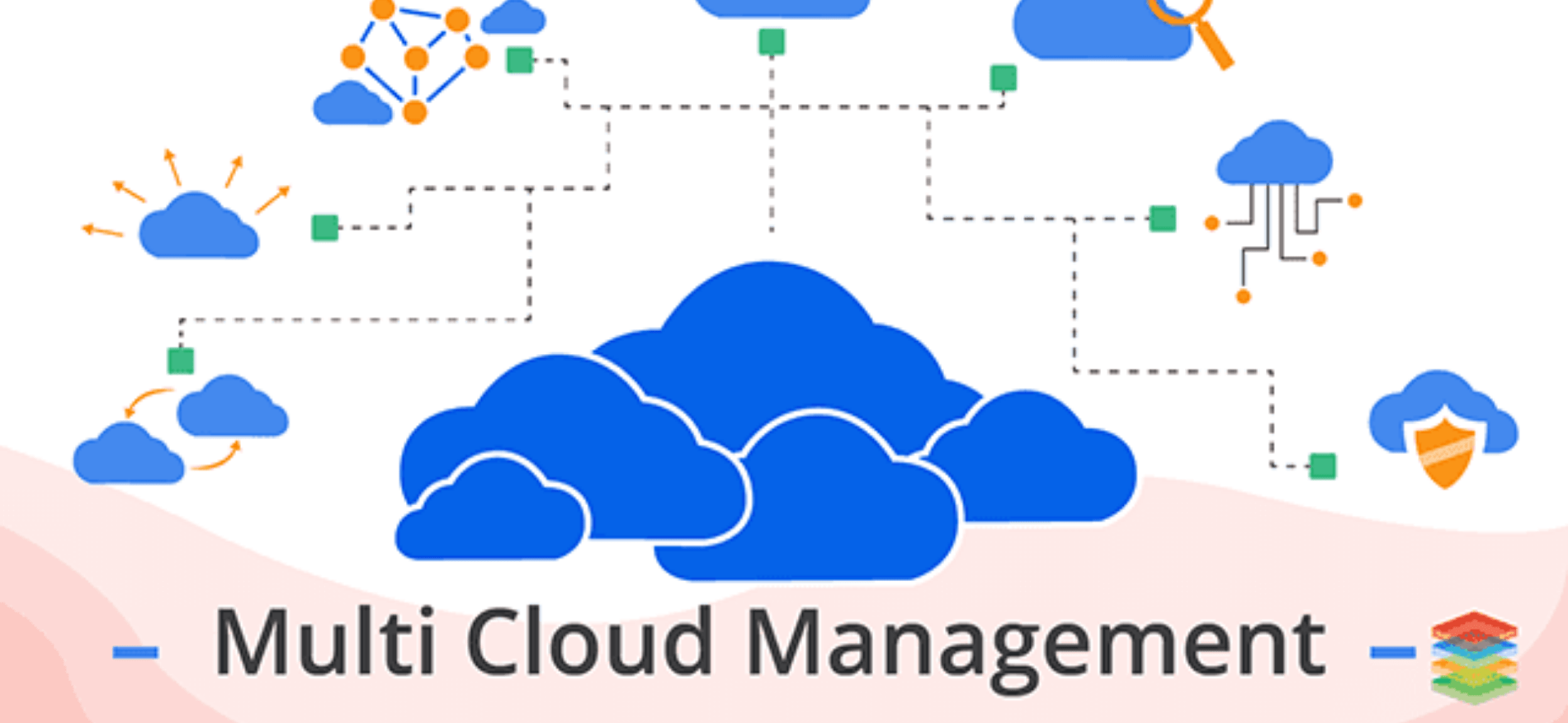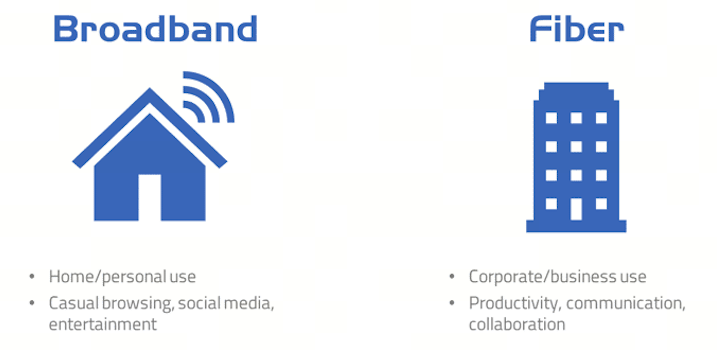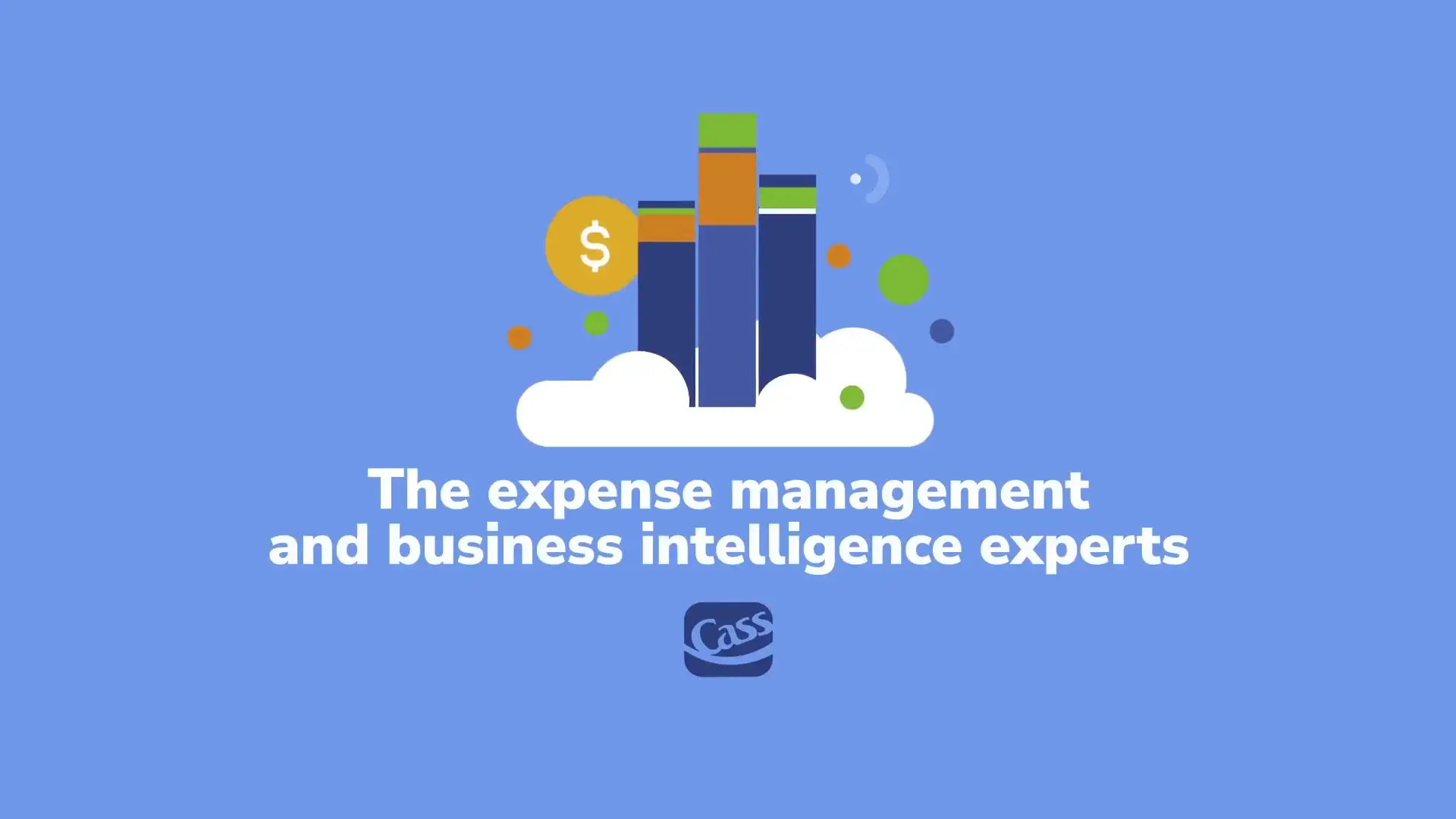What makes CRM systems indispensable? They turn passive data into active intelligence. From tracking behavior patterns to anticipating needs, modern customer relationship management software transforms routine interactions into lasting relationships.
How CRM Drives Measurable Business Growth
Let’s look at what CRM implementation actually does for business performance.
| Key CRM Outcome | Average Impact |
|---|---|
| Lead Conversion Rate | +30% |
| Customer Retention Rate | +25% |
| Sales Productivity | +34% |
| Customer Satisfaction Score (CSAT) | +22% |
CRM technology doesn’t just keep records—it enables agility. Sales reps close more deals, marketers launch data-driven campaigns, and customer service agents resolve issues proactively.
CRM in Entertainment, Agriculture, and Education?
Yes—CRM software is increasingly showing up in sectors you wouldn’t expect:
- Streaming platforms use customer interaction management to customize viewing suggestions based on historical behavior.
- Agri-tech startups use CRM analytics to segment buyers by crop cycles, regional challenges, and price sensitivity.
- Educational institutions now deploy CRM systems to manage alumni engagement, course recommendations, and enrollment journeys.
What this illustrates is simple: CRM tools have evolved beyond sales—they’re about understanding human complexity at scale.
Emotional Intelligence: The Soft Power of CRM
The future of customer relationship management lies not just in data but in empathy. With the integration of AI-powered CRM and sentiment analysis, brands are beginning to assess emotional signals during customer interactions.
Consider these use cases:
- An airline analyzing voice tone in call center feedback to detect distress.
- A retail brand adjusting outreach based on social media sentiment tied to product releases.
- A SaaS firm using CRM dashboards to flag declining engagement before a customer churns.
This isn’t just automation—it’s emotional alignment. And that’s a competitive edge most brands aren’t tapping into yet.
The Real Cost of Not Using CRM
Still relying on spreadsheets or fragmented systems? You’re not just behind—you’re bleeding opportunity.
Companies without a modern CRM strategy face:
- High churn due to lack of personalization.
- Inefficient workflows between marketing, sales, and support.
- Missed revenue due to inaccurate forecasting and poor follow-up.
In contrast, brands with unified CRM ecosystems are seeing a clear advantage in lifetime value, upsell conversion, and cross-team collaboration.
Final Thought: CRM as Culture, Not Software
Customer relationship management is no longer a department’s job—it’s a company-wide culture shift. It connects insights with action and relationships with results. Whether you’re leveraging cloud-based CRM, mobile CRM apps, or AI-enhanced platforms, one principle remains:
The brands that win are those that listen, learn, and lead—every time a customer clicks, calls, or complains.








